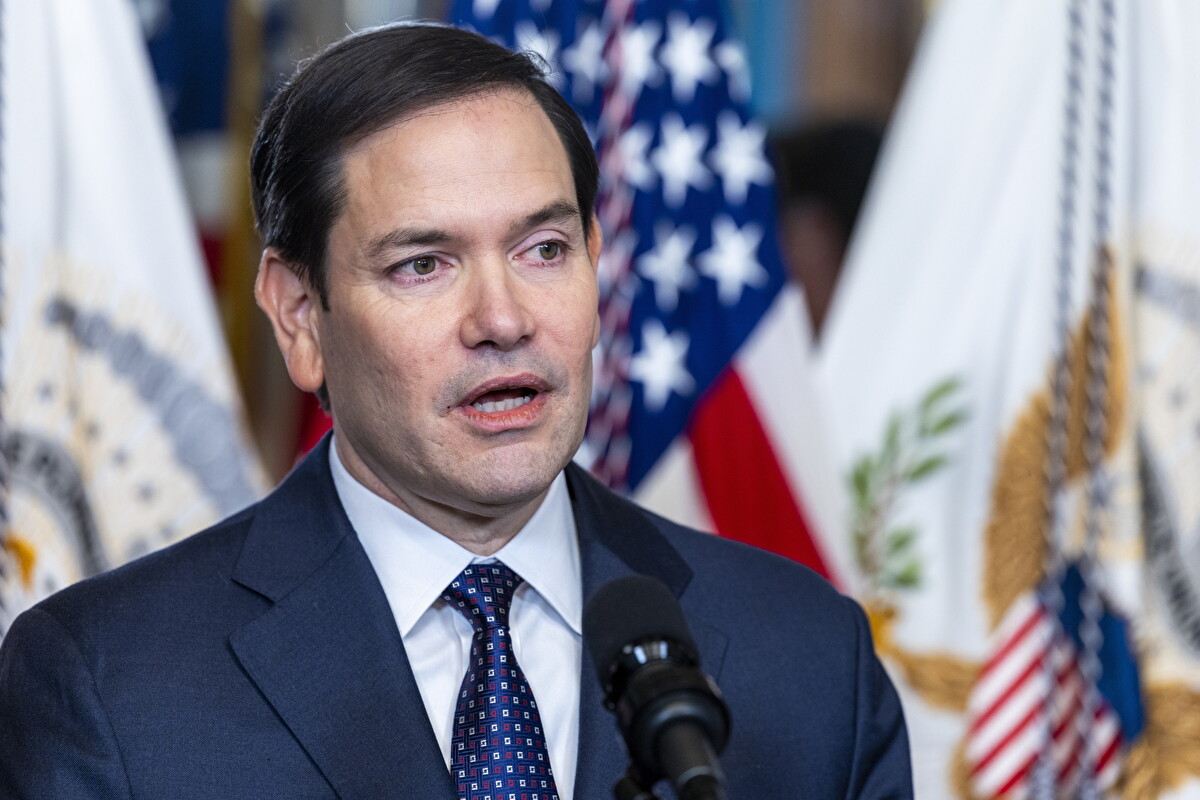The Washington Post continues to lose readers. Earlier in the week, the owner of the well-known U.S. newspaper, Jeff Bezos, announced that he would radically change the paper’s opinion pages, declaring, “We are going to be writing every day in support of two pillars: personal liberties and free markets.”
The U.S. billionaire’s statements, however, had a boomerang effect. As many as 75,000 readers, decided to cancel their respective subscriptions. Not only that, Bezos’ statements also led to the resignation of David Shipley, head of the opinion pages, and complaints from longtime Post journalists, including associate editor David Maraniss and former executive editor Marty Baron.
The latter in particular explained that Bezos’ decision was driven by his fear of President Trump. Then again, some of the tycoon’s companies, such as Amazon and Blue Origin, have contracts with the federal government worth billions of dollars a year.
The new wave of subscription cancellations by readers is actually only the latest in a long series. The first such episode occurred in October 2024, when Bezos forced the newspaper not to endorse any candidate in the presidential election later won decisively by Trump. The newspaper’s top management was determined to give their endorsement to Kamala Harris. After that episode, in the space of a few weeks, the Post lost more than 300,000 subscribers, according to data reported by NPR: basically, more than 12 percent of its digital readership.
Although the newspaper has implemented some strategies to attract the curiosity of new users, many in the newsroom believe that without Bezos’ decisions the paper would have hundreds of thousands more readers.
During Trump’s first term, under the ownership of the Amazon patron and Baron’s editorial direction, the Post adopted the motto “Democracy dies in obscurity.” At the time, an article was also published on the opinion page that a second term of the MAGA leader would permanently damage democracy.
With Trump’s return to the White House, the line imposed by Bezos has changed dramatically. Earlier in the week, in his statement released on X, Bezos said that in the Internet age, a newspaper is no longer obligated to provide a “broad opinion section that sought to cover all views.”
Wednesday’s announcement alarmed senior editors working on the news section. Executive editor Murray, however, assured them that he had heard nothing to suggest that Bezos wanted to interfere with news coverage separate from the opinion section.











